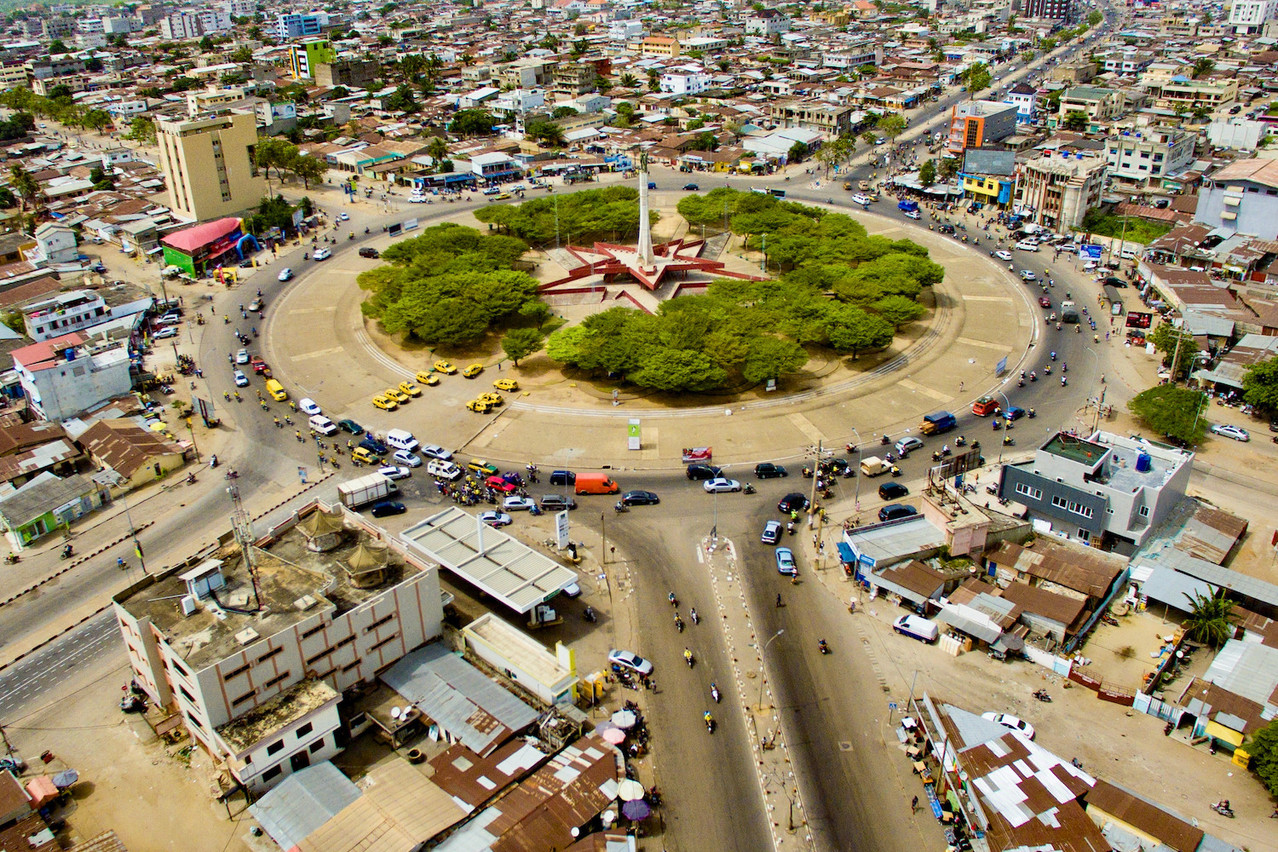The grand duchy currently is present in the region with an embassy in Senegal and resident ambassador Georges Ternes who also serves the embassy in Niamey, the capital of Niger. Chargée d’affaires Marie-Anne Marx leads Luxembourg’s embassy in Bamako, Mali.
“There was a clear message from our diplomat that we must remain, that this is also expected of us,” said Asselborn during a press conference, which followed a meeting of the grand duchy’s diplomatic corps.
A UN representative last week told the security council that the situation in Mali remains volatile following a 2020 coup, urging international engagement.
“We are working with the NGOs, because practically we can no longer work with the government,” the minister said.
Luxembourg soldiers are as part of the UN’s Multidimensional Integration Stabilization Mission in Mali (Minusma), one of the UN’s deadliest peacekeeping missions with 14 personnel killed last year alone and 313 fatalities since operations began in 2013.
The Russian Wagner mercenary group “is becoming stronger” in the country, Asselborn said. The EU has suspended a training mission with numerous countries withdrawing their troops.
Luxembourg’s embassy in Mali remains open but the country will add a representation in Benin before the end of the year, Asselborn said. This will help with humanitarian and development assistance efforts in the region from what the World Bank considers a “politically stable country” that has “achieved successive democratic transitions.”
Benin borders Luxembourg cooperation partners Burkina Faso and Niger, as well as Nigeria and Togo.
In Central America, Luxembourg is equally looking for a more secure location, , which launched a crackdown on NGOs after a rigged election secured a fourth term for president Daniel Ortega.
Bilateral relation with Nicaragua remain frozen. In West Africa, Luxembourg in February 2022 after a military coup deposed president Roch Kabore.
The cooperation programmes set out spending plans and priorities for five-year periods with aid not given to governments but development, humanitarian and non-governmental organisations.
A similar agreement with Mali is awaiting re-signing since 2019. The programme with Niger was renewed for the period from 2022 to 2026. Projects in the region support education and vocational training, health and hygiene--including women’s reproductive health--food and water security.
Through the defence ministry, Luxembourg has also invested in an project in Burkina Faso, Mali and Niger which seeks new ways of sharing and governing natural resources as a way to prevent and resolve conflict.
